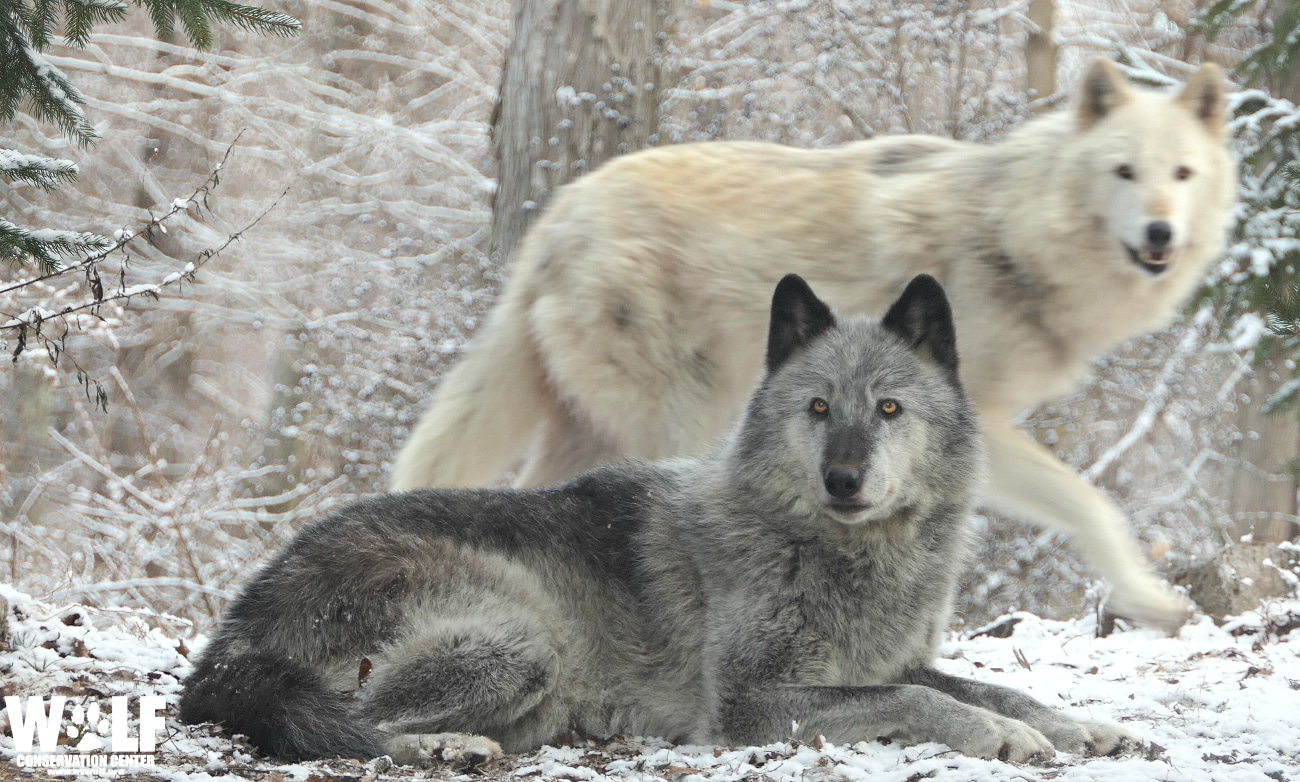What Wolves Taught Me About Leadership
Reflections from My Visit to the Colorado Wolf and Wildlife Center
Last week, I visited the Colorado Wolf and Wildlife Center, tucked away just outside Colorado Springs. I expected an educational and up-close experience with these incredible animals — but what I didn’t expect was to walk away with some of the most powerful leadership lessons I’ve encountered.
Wolves are intelligent, social, and highly structured creatures. They’re often misunderstood as fierce loners, but the truth is far more nuanced. As I observed them — their behavior, their interactions, and their place in nature — I realized they hold a mirror up to the kind of leadership we should all strive for.
1. Empathy Is a Leadership Superpower
One of the most powerful things I learned is that mother wolves will adopt orphaned pups, even if they’re not from their own pack. They do it out of instinct, yes, but also out of compassion — to protect the vulnerable and give them a chance to grow strong.
That kind of empathy struck me. In our leadership roles, it’s easy to focus only on our own teams or immediate responsibilities. But wolves reminded me that true leaders look out for others — even when there’s no obligation. Great leadership starts with inclusion and care, not control.
2. You’re Part of an Ecosystem, Not Just a Team
Wolves are essential to maintaining ecological balance. I learned about the dramatic impact they had when reintroduced to Yellowstone — how their presence helped rebalance deer populations, regenerate forests, and even reshape rivers.
It made me reflect on the ripple effects we have as leaders. We’re not just guiding individuals or hitting targets — we’re part of a broader ecosystem. The culture we create, the values we live by, and the way we show up all impact more than just the team. We affect the system around us — for better or worse.
3. Adaptability Is Survival
Wolves have faced shrinking habitats, shifting climates, and human interference. Still, they adapt — evolving their communication, learning new patterns, and staying resilient despite challenges beyond their control.
That’s a critical leadership trait. We can’t predict every curveball life or business will throw our way. But like wolves, we can choose to stay agile, learn quickly, and move forward with purpose, even when the terrain changes.
4. Lead the Pack, Coach the Individual
One thing I expected to see — but didn’t — were pups being mentored. Instead, I witnessed something just as powerful: a pack operating in harmony. Each wolf had a place. There was no barking of orders, just a quiet understanding of roles and rhythms.
The alpha didn’t need to dominate to be respected. Leadership was shown through calm presence, confidence, and connection — a reminder that real leadership doesn’t always shout. Sometimes, it simply guides with clarity and trust.
5. Unity Is a Sound You Can Feel
The most unforgettable moment came when one wolf climbed onto an elevated tree stump and began to howl. Slowly, one by one, the others joined in — until the entire pack was howling together in perfect unity. It wasn’t chaos. It was a chorus. A shared voice.
That moment gave me chills.
It was a powerful reminder that leadership isn’t always about speaking the loudest — sometimes, it’s about being the one to start the call. And sometimes, it’s about knowing when to listen and join in. That moment reminded me of the strength in collective alignment — when a team, a company, or a community moves in the same direction, with shared values and a shared voice.
Final Reflections
I came to the wolf reserve curious. I left inspired. These animals taught me that leadership isn’t about control or charisma — it’s about empathy, adaptability, humility, and unity.
Here’s what I’ll carry forward:
-
🐺 Lead with care and courage.
-
🌍 Recognize the bigger picture.
-
🔄 Adapt when the world shifts.
-
🐾 Build trust through presence, not pressure.
-
🎵 Start the call — and let others rise with you.
Wolves don’t lead with ego. They lead with instinct, grace, and fierce loyalty to the pack. If we do the same, I believe we’ll not only build stronger teams — we’ll build stronger cultures, and a stronger legacy.



No comments:
Post a Comment